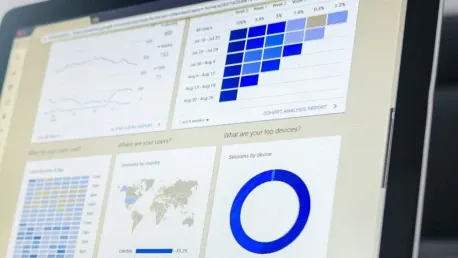
Walmart is taking a monumental step toward revolutionizing its supply chain by announcing the opening of five new automated fresh food distribution centers across the United States. This strategic initiative promises to significantly enhance the handling and distribution of perishable goods,

AI-powered data collection is revolutionizing physical retail, particularly in high-street stores. While digital tracking has become commonplace online, its infiltration into brick-and-mortar settings opens up new vistas and poses new challenges. The shift from online to offline tracking raises

The realm of artificial intelligence (AI) has witnessed groundbreaking advancements, particularly with the advent of multimodal AI. This potent combination of visual, auditory, and textual data is revolutionizing consumer interactions, enhancing retail experiences, and promoting financial

Big Data has revolutionized numerous industries, and the retail sector is no exception. As the market value of Big Data reaches unprecedented heights, retailers are leveraging this technology to stay competitive and cater to evolving consumer expectations. From e-commerce giants to traditional

The retail sector has been significantly transformed by Artificial Intelligence (AI), which is reshaping inventory management to enhance efficiency, predict customer behavior, and streamline processes. Retailers like Walmart and Amazon are leveraging AI's predictive and automated capabilities

Over the past few decades, the retail industry has undergone a seismic shift as it moved from traditional brick-and-mortar stores to the realm of e-commerce. This transformation was largely fueled by the explosion of internet accessibility and the rise of online retail giants like Amazon, which